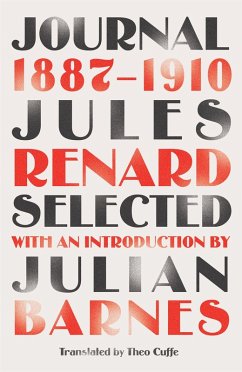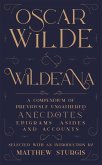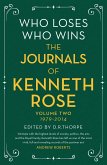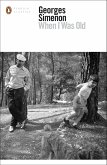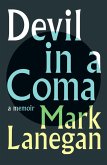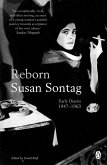'As a mayor, I am responsible for the upkeep of rural roads; as poet, I prefer to see them neglected.'
Jules Renard was a French literary figure of the late nineteenth century. Not a Parisian but a committed countryman, he was elected mayor in 1904 of the tiny village of Citry-le-Mines in a remote part of northern Burgundy. He had the soul of a rustic bourgeois but the ambition of a metropolitan, and his wife's money allowed him to move in elevated circles, though he seemed an awkward customer, a badger, and looked like one. He wrote fiction, journalism and drama, very successfully, but the Journal is Renard's masterpiece, the least categorizable work of the French fin de siècle.
The Journal constitutes a profusion of entries, without stitching or pattern: mordant reflections on style, literature and theatre; portraits of family, friends and the Parisian literary scene; quasi-ethnographical observations on village life and notations of the natural world which are unlike anything except themselves.
Samuel Beckett spoke of Renard in the same breath as Proust and Celine, wrote of the Journal that 'for me it is as inexhaustible as Boswell ' and believed his style was learnt from despair. Gide said the Journal was 'not a river but a distillery'. Sartre wrote that 'He invented the literature of silence'. But above all it is a moving and splintery piece of self-scrutiny.
Julian Barnes has admired the Journal for many years and has made this new selection from the twelve hundred page Pléiade edition. Theo Cuffe's translation will help bring this fierce judge of human foibles to a new generation of readers.
Jules Renard was a French literary figure of the late nineteenth century. Not a Parisian but a committed countryman, he was elected mayor in 1904 of the tiny village of Citry-le-Mines in a remote part of northern Burgundy. He had the soul of a rustic bourgeois but the ambition of a metropolitan, and his wife's money allowed him to move in elevated circles, though he seemed an awkward customer, a badger, and looked like one. He wrote fiction, journalism and drama, very successfully, but the Journal is Renard's masterpiece, the least categorizable work of the French fin de siècle.
The Journal constitutes a profusion of entries, without stitching or pattern: mordant reflections on style, literature and theatre; portraits of family, friends and the Parisian literary scene; quasi-ethnographical observations on village life and notations of the natural world which are unlike anything except themselves.
Samuel Beckett spoke of Renard in the same breath as Proust and Celine, wrote of the Journal that 'for me it is as inexhaustible as Boswell ' and believed his style was learnt from despair. Gide said the Journal was 'not a river but a distillery'. Sartre wrote that 'He invented the literature of silence'. But above all it is a moving and splintery piece of self-scrutiny.
Julian Barnes has admired the Journal for many years and has made this new selection from the twelve hundred page Pléiade edition. Theo Cuffe's translation will help bring this fierce judge of human foibles to a new generation of readers.
Dieser Download kann aus rechtlichen Gründen nur mit Rechnungsadresse in A, B, BG, CY, CZ, D, DK, EW, E, FIN, F, GR, HR, H, IRL, I, LT, L, LR, M, NL, PL, P, R, S, SLO, SK ausgeliefert werden.

